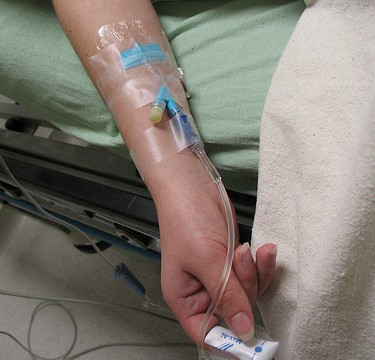What Does this Mean for Mothers?
What does this mean for you? The study’s authors suggest using baby’s weight at 24 hours past delivery as a baseline weight, instead of the weight at birth. Ask your nurse how much baby’s weighed at 24 hours after delivery. If they don’t routinely weigh baby at that time, ask. There’s no reason why the staff can’t weigh your baby for you. Keep track of that weight as well and mention it to the pediatrician at the first well baby visit.

If the pediatrician expresses concern at baby’s weight loss and recommends supplementation with formula, mention this study and don’t be afraid to ask questions. If breastfeeding is very important to you, the doctor may be able to recommend a more rigorous feeding schedule or more frequent weigh-ins. Given how healthy breast milk is for baby, and how difficult breastfeeding can be for some women, the doctor should be willing to encourage your breastfeeding efforts and come up with a plan that works for both you and for baby. Keep in mind, though, that there are definitely times when supplementation with formula is necessary. You should follow your doctor’s advice if he is adamant about adding formula.
References:
Excess weight loss in first-born breastfed newborns relates to maternal intrapartum fluid balance. (2010, December 20). Retrieved from http://insciences.org/article.php?arti
Noel-Weiss, J, Woodend, A, Peterson, W, Gibb, W, & Groll, D. (2011). An observational study of associations among maternal fluids during parturition, neonatal output, and breastfed newborn weight loss. International Breastfeeding Journal, 6(9), Retrieved from http://www.internationalbreastfeedingjournal.com/content/6/1/9/abstract
Nordquist, C. (2011, August 15). Iv fluids during labor associated with newborn weight loss. Retrieved from http://www.medicalnewstoday.com/articles/232756.php